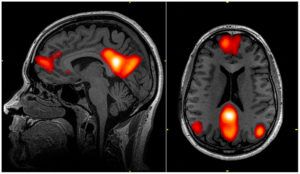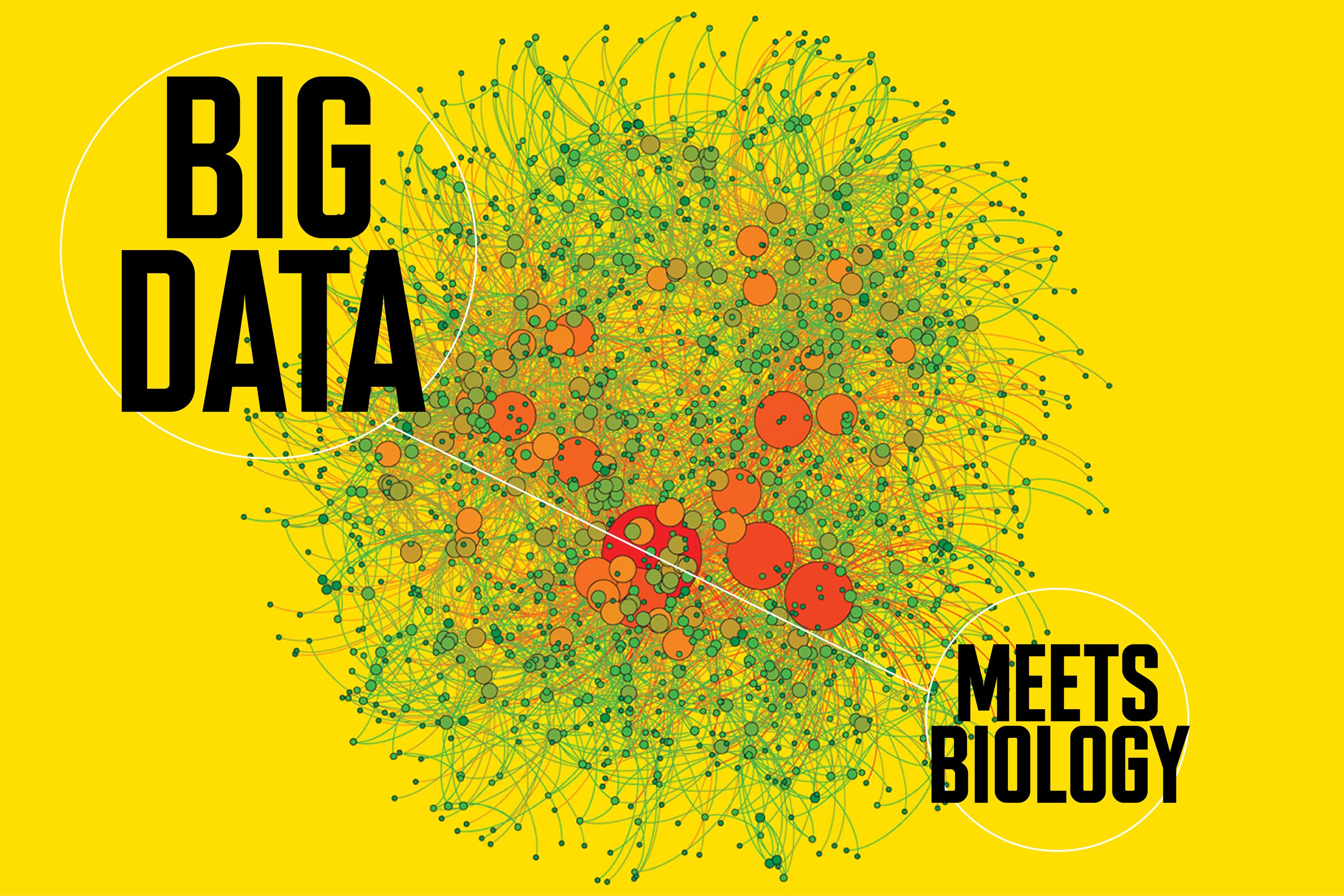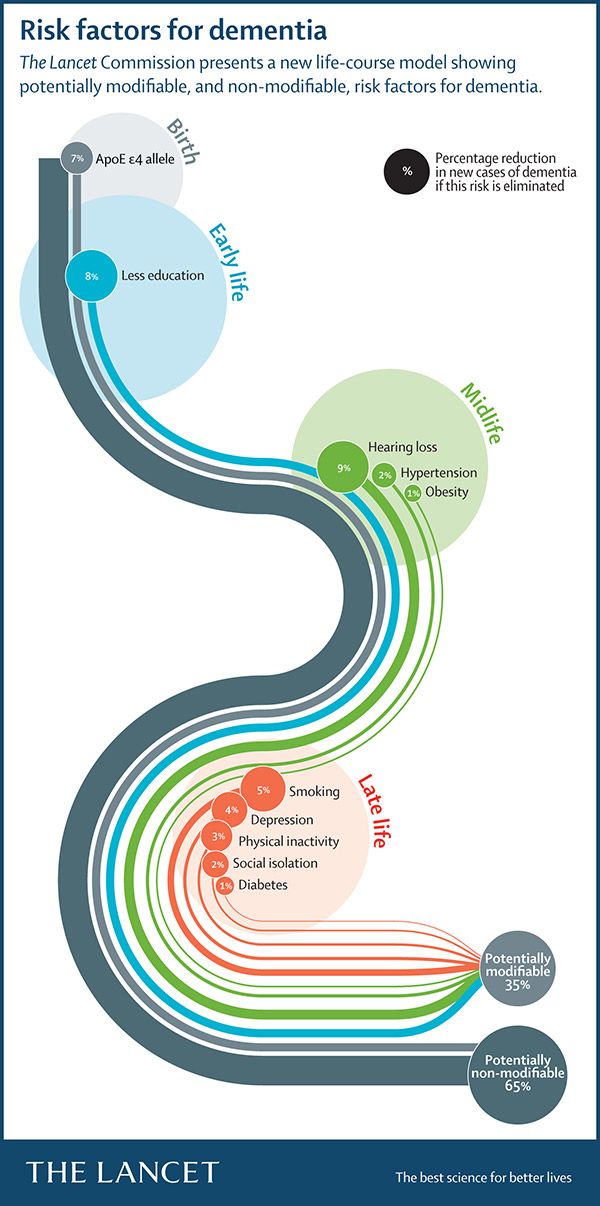Category: health – Page 363
This is so cute!
In today’s adorable-and-I’m-not-crying-you’re-crying news, NDTL reports that an engineer in New Delhi named Milind Raj saved a puppy using a drone he equipped with a giant claw.
Raj was out for a morning walk in New Delhi when he heard whimpering and traced the sound to a puppy that had become stuck in a boggy drain between two roads. Raj said the condition of the puppy was “miserable” and tells The Verge that local residents had heard the animal crying for two days. Others hadn’t stepped up to the task of trying to rescue the pup because “the drain was so filthy,” says Raj. “It was not possible for a human to rescue the puppy without endangering their own life.”
A new study published by researchers at Western University and Lawson Health Research Institute has shown a link between the gut microbiome and atherosclerosis.
During the study, the team examined blood levels of metabolic products in the gut microbiomes of 316 people from three groups: those with regular levels of plaque for their age, those who had low levels of plaque despite being at high risk, and those who had unusually high levels of plaque.
They discovered that in the patients with unusually high levels of plaque, there were significantly higher blood levels of harmful metabolic products. Specifically, these were the metabolites TMAO, p-cresyl sulfate, p-cresyl glucuronide, and phenylacetylglutamine, which are created by gut bacteria. They also assessed the development of plaques in the arteries via carotid ultrasound.
Nearly 10% of global GDP is spent on health care, according to the latest data from the WHO. Rich countries spend an average of 12%, with America an outlier well above that; middle-income ones (including China) 6%; and low-income ones just under 6%. In developed countries, 60% of health spending comes from public sources. In poor economies the figure is around 40%. As economies grow and governments are able to allocate more resources to health, the share of individual out-of-pocket spending typically falls. But the variation in such spending in poor countries suggests that the health systems they end up with depend on their choice of public policies.
IN 2013 A GROUP of doctors and health economists argued in the Lancet that a “grand convergence” would be possible over the next two decades. If governments spent more on health, and more wisely, mortality rates in the poorest countries could fall to those seen in the healthiest middle-income ones. That would amount to saving 10m lives a year.
To see what a high-quality health-care system in a developing country looks like, consider the case of Farida Waree, a 55-year-old housewife in Thailand. In early 2016 Mrs Waree felt a lump on her right breast. She went to her local primary-care centre, which referred her to Nakornayok provincial hospital. She was diagnosed with cancer, and over the next year was given a mastectomy, chemotherapy and Herceptin, an anti-cancer drug. Five years earlier her treatment might have cost her 800,000 baht (about $25,000), much more than she and her family could have afforded. Instead, nearly all the costs were covered under Thailand’s Universal Coverage Scheme. The cancer is now in remission. “I consider myself very fortunate,” she says.
Get our daily newsletter
A pair of new spacecraft that will observe our planet’s ever-changing water cycle, ice sheets and crust is in final preparations for a California launch no earlier than Saturday, May 19. The Gravity Recovery and Climate Experiment Follow-On (GRACE-FO) mission, a partnership between NASA and the German Research Centre for Geosciences (GFZ), will take over where the first GRACE mission left off when it completed its 15-year mission in 2017.
GRACE-FO will continue monitoring monthly changes in the distribution of mass within and among Earth’s atmosphere, oceans, land and ice sheets, as well as within the solid Earth itself. These data will provide unique insights into Earth’s changing climate, Earth system processes and even the impacts of some human activities, and will have far-reaching benefits to society, such as improving water resource management.
“Water is critical to every aspect of life on Earth—for health, for agriculture, for maintaining our way of living,” said Michael Watkins, GRACE-FO science lead and director of NASA’s Jet Propulsion Laboratory in Pasadena, California. “You can’t manage it well until you can measure it. GRACE-FO provides a unique way to measure water in many of its phases, allowing us to manage water resources more effectively.”
Not surprising and yet fascinating to actually see — “The researchers found that music activates the brain, causing whole regions to communicate. By listening to the personal soundtrack, the visual network, the salience network, the executive network and the cerebellar and corticocerebellar network pairs all showed significantly higher functional connectivity.”
“Ever get chills listening to a particularly moving piece of music? You can thank the salience network of the brain for that emotional joint. Surprisingly, this region also remains an island of remembrance that is spared from the ravages of Alzheimer’s disease. Researchers at the University of Utah Health are looking to this region of the brain to develop music-based treatments to help alleviate anxiety in patients with dementia. Their research will appear in the April online issue of The Journal of Prevention of Alzheimer’s Disease…








